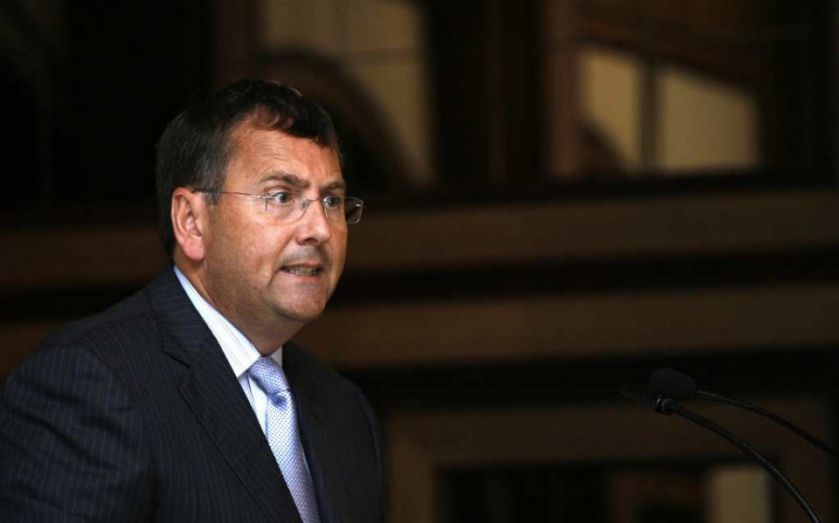Philip Clarke, Euan Sutherland and Dov Charney – the bosses who left us in 2014

1. Philip Clarke makes an unceremonious departure from Tesco

Clarke stepped down at the end of July (Source: Getty)
2. Euan Sutherland throws in the towel at the Co-op

Sutherland made a promising start at the Co-op (Source: Co-operative Group)
3. … and ends up at SuperGroup

Sutherland does his best Blue Steel with new boss Dunkerton (Source: SuperGroup)
4. Harriet Green goes out in a puff of smoke

Green is credited with single-handedly turning Thomas Cook around (Source: Getty)
5. Wonga’s leaky boardroom

Damelin was the first to go (Source: Getty)
6. Pimco – trouble in paradise

Gross's resignation shocked investors (Source: Getty)
7. Rupert Soames adopts Churchillian spirit at Serco

Soames turned around Aggreko (Source: Getty)
8. Dov Charney goes loco at American Apparel

Charney, fully clothed (Source: Getty)
9. Quindell’s Rob Terry gives up the ghost

Terry in happier times (Source: Quindell)
10. Mothercare’s Simon Calver flies the nest

Calver's tech credentials landed him the job of Mothercare chief exec (Source: LoveFilm)
11. The chief financial officer carousel

(Source: Getty)